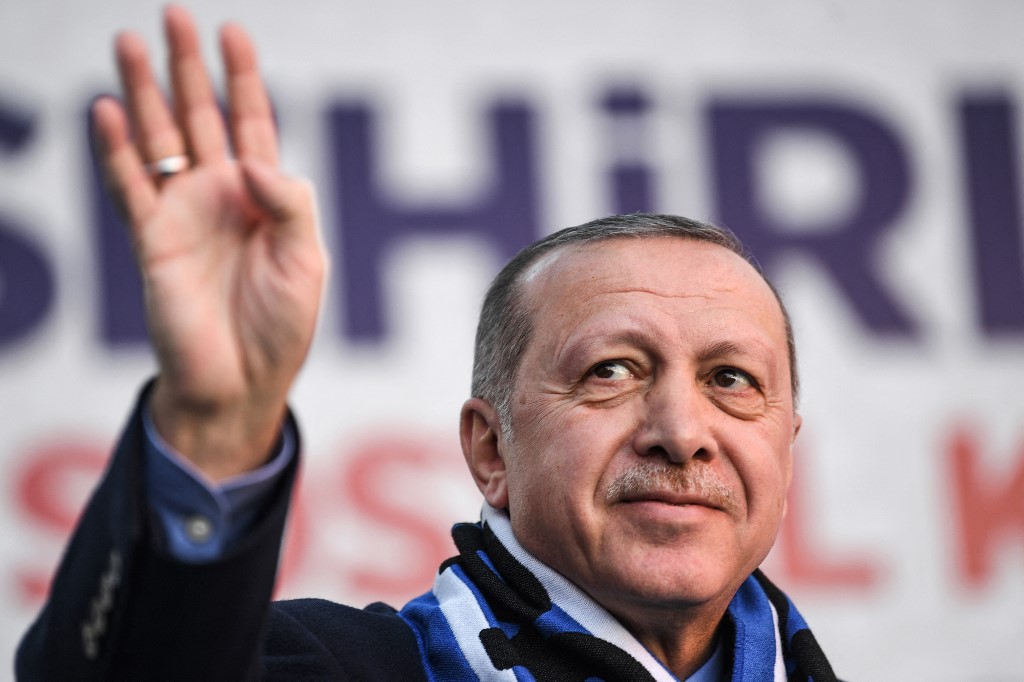A day after the Egyptian president shook hands with his Turkish counterpart for the first time, the presidency in Cairo on Monday heralded a new “beginning” in ties with Ankara, Agence France-Presse reported.
Abdel Fattah El-Sisi and Recep Tayyip Erdoğan “confirmed the depth of historical ties between the two countries” during their brief encounter in Doha, Qatar, spokesman Bassam Radi said in a statement, signaling Egypt is finally ready to bridge their nine-year rift.
The Turkish presidency on Sunday released a photo of Erdoğan and Sisi sharing an enthusiastic handshake in front of Qatari Emir Sheikh Tamim bin Hamad Al-Thani in Doha, with whom Cairo has also recently mended ties.
Relations between Cairo and Ankara turned frosty in 2013 after Sisi deposed Islamist president Mohamed Morsi and outlawed his Muslim Brotherhood.
Turkey has for years served as a refuge for Islamist opposition activists, further stoking tensions between the two regional powers.
Turkey and Egypt held their first diplomatic talks in eight years last year.
Also last year, Erdoğan’s government demanded that popular Egyptian exiled talk show hosts tone down their criticism of Egypt’s leader, in an apparent attempt to appease Cairo.
And earlier this month — as authorities in Egypt cracked down on activists amid a call for protests during the COP27 climate summit — Turkish security forces briefly detained an exiled Egyptian dissident, according to rights groups.
But long-standing disagreements over the countries’ opposing roles in war-scarred Libya impeded moves towards a full rapprochement, until now.
Yet while diplomatic relations between Cairo and Ankara have often been thorny, economic exchange has continued unabated, with the volume of trade nearly tripling between 2007 and 2020, according to the Carnegie Middle East Center.

